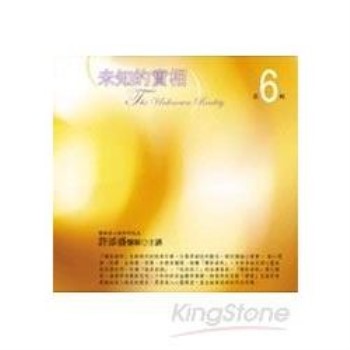Archaic Rome grew by the gradual integration of ethnically disparate communities into the political life of the city; it successfully united cultures as different as the Latin, Sabine and Etruscan. A few of the institutions developed in this process survived into the Republican period, but their functions were so changed that the ancients themselves were obviously confused about their origins. Palmer here offers his own ingenious explanations. His main conclusion is that the hitherto obscure curiae once represented the distinct ethnic groups incorporated into Rome through conquest, treaty or migration. Political equality among curiae was the rule and each maintained its own religious traditions and looked after its internal affairs while sharing in the governing of the united state. The author discusses the nature of the evidence and the theories of ancient and modern historians, reconstructs in detail the organisation of the archaic state and finally traces the deterioration of the curiae in the late archaic period as they became the bulwark of oppressive oligarchy.
| FindBook |
有 1 項符合
The Archaic Community of the Romans的圖書 |
 |
The Archaic Community of the Romans 作者:Palmer 出版社:Cambridge University Press 出版日期:2009-12-10 語言:英文 規格:平裝 / 344頁 / 22.9 x 15.2 x 2 cm / 普通級 |
| 圖書館借閱 |
| 國家圖書館 | 全國圖書書目資訊網 | 國立公共資訊圖書館 | 電子書服務平台 | MetaCat 跨館整合查詢 |
| 臺北市立圖書館 | 新北市立圖書館 | 基隆市公共圖書館 | 桃園市立圖書館 | 新竹縣公共圖書館 |
| 苗栗縣立圖書館 | 臺中市立圖書館 | 彰化縣公共圖書館 | 南投縣文化局 | 雲林縣公共圖書館 |
| 嘉義縣圖書館 | 臺南市立圖書館 | 高雄市立圖書館 | 屏東縣公共圖書館 | 宜蘭縣公共圖書館 |
| 花蓮縣文化局 | 臺東縣文化處 |
|
|
圖書介紹 - 資料來源:博客來 評分:
圖書名稱:The Archaic Community of the Romans
|











